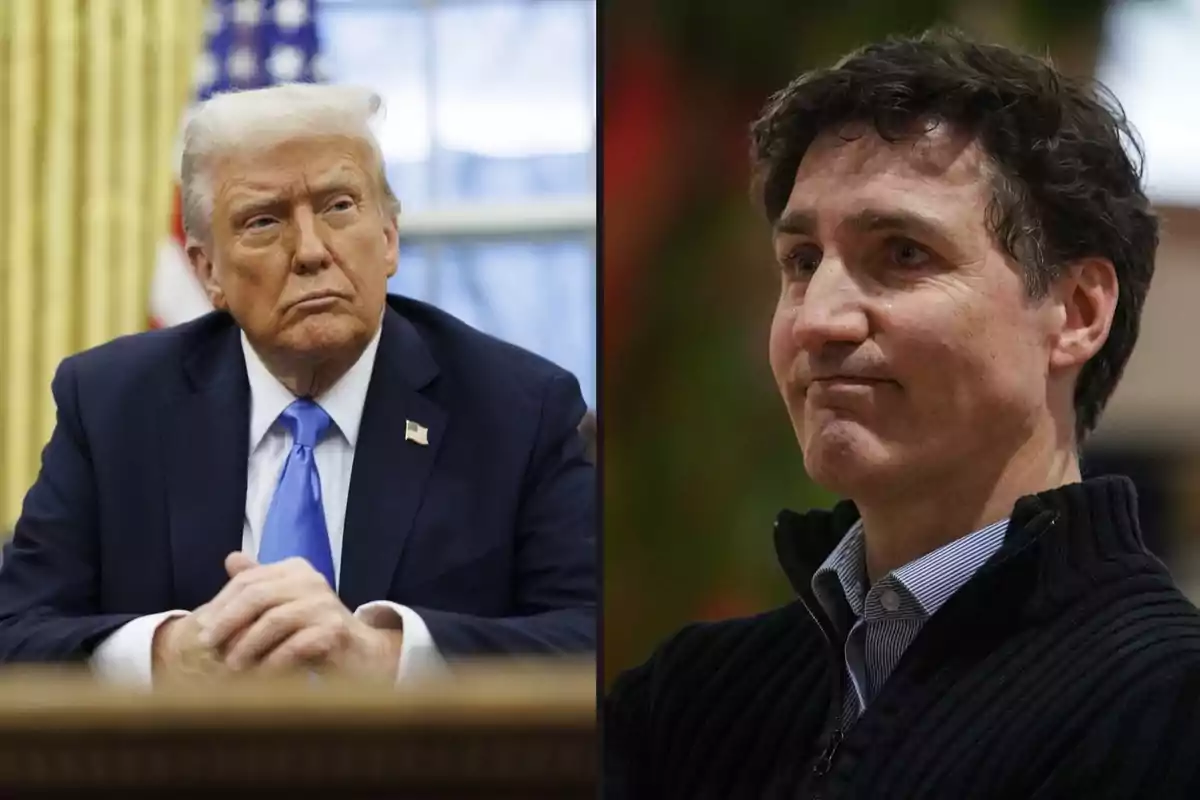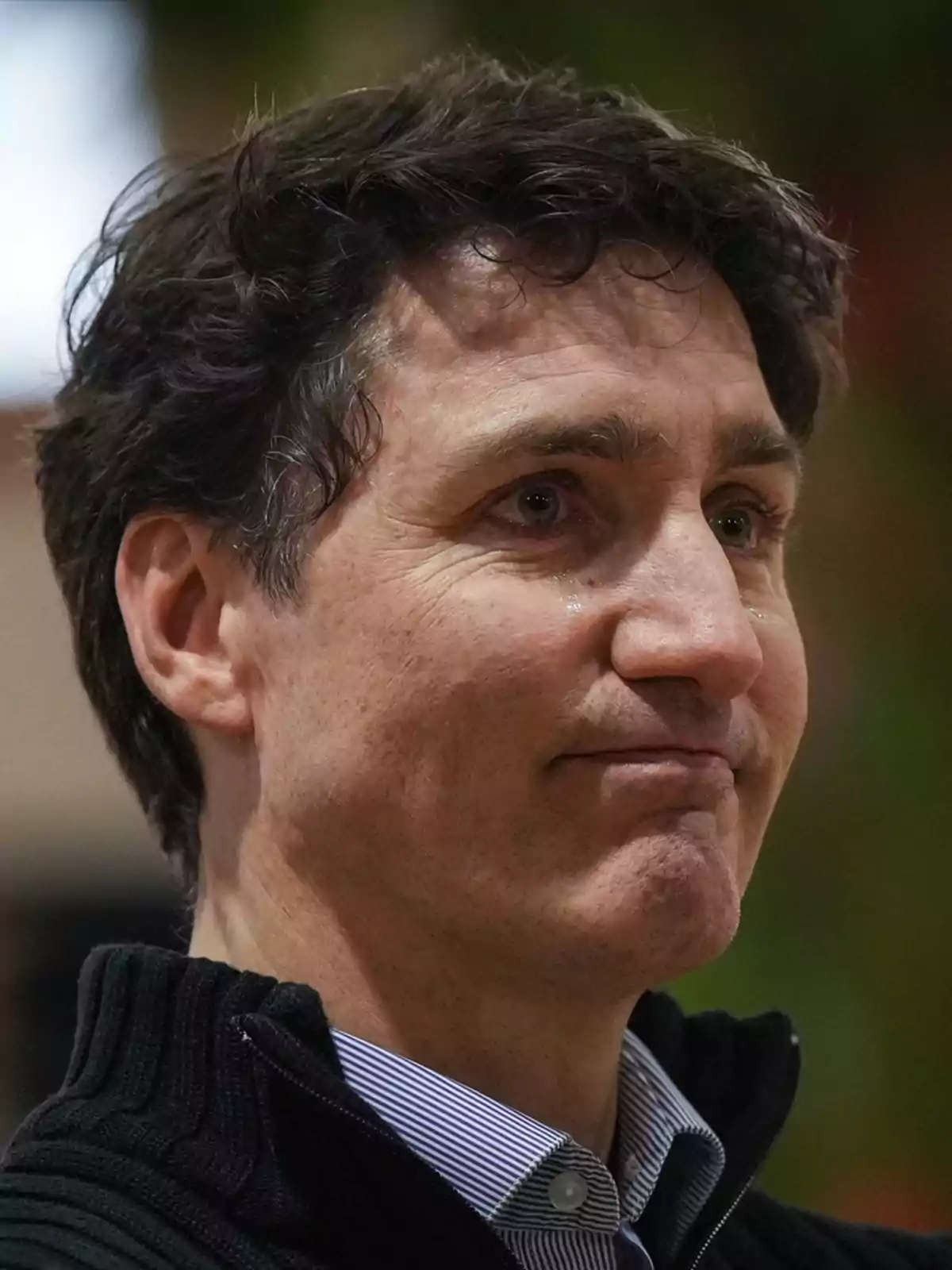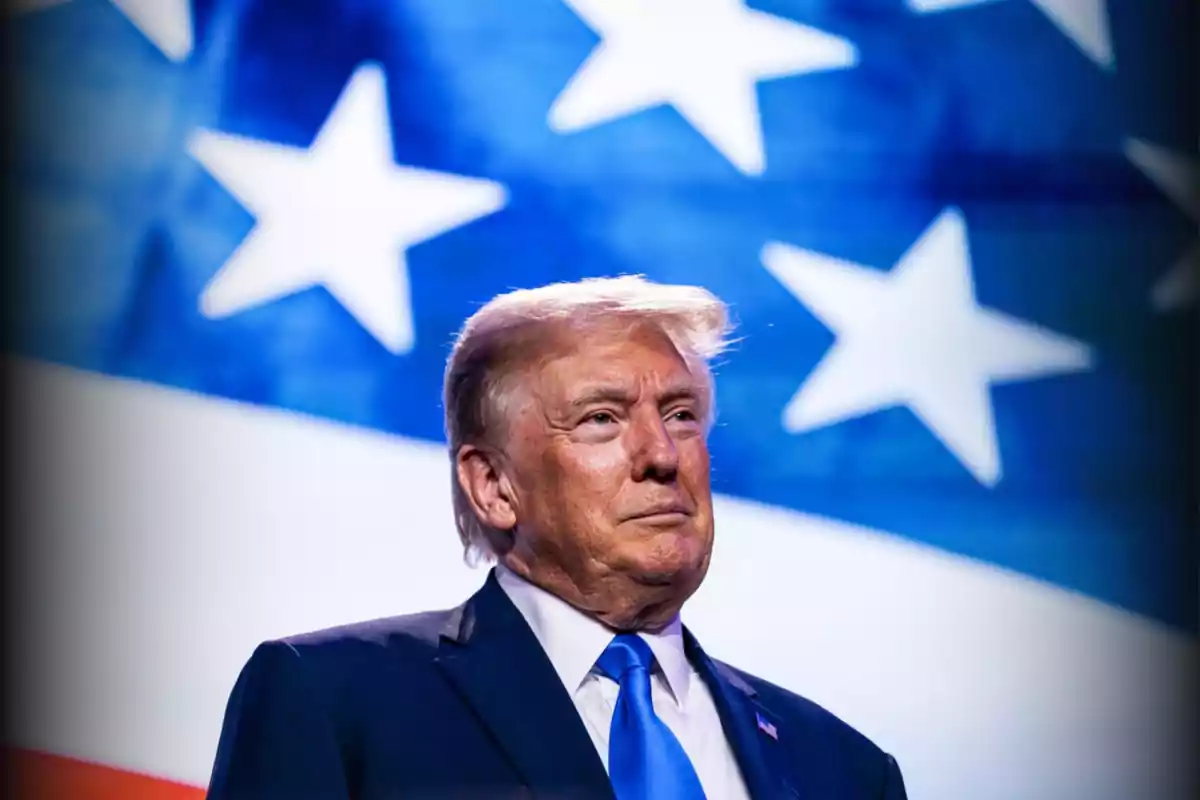
Canada Declares Drug Cartels Terrorists Following Trump's Strategy
The measure will allow Canadian authorities to apply more forceful legal tools to dismantle organized crime networks.
The Government of Canada has taken a firm step in its strategy against drug trafficking by designating several Mexican cartels and transnational criminal groups as terrorist organizations. This decision, announced by the Minister of Public Safety, David McGuinty, aims to curb the flow of fentanyl, which severely affects the country, and strengthen cooperation with the United States in this fight.
Among the criminal organizations that have been included in the list of terrorist groups are the Sinaloa Cartel, the Jalisco New Generation Cartel, the Michoacan Family, the Gulf Cartel, and United Cartels. The Mara Salvatrucha (MS-13) and the Tren de Aragua, a violent gang of Venezuelan origin, have also been designated.
The measure will allow Canadian authorities to apply more forceful legal tools to dismantle organized crime networks. This includes the possibility of freezing assets, tracking financial transactions, and conducting more aggressive operations against criminal structures operating in Canadian territory.

The Impact of Fentanyl in Canada
Fentanyl is one of the leading causes of overdose deaths in Canada, which has led the government to tighten its control policies.
According to official data, the opioid crisis has caused thousands of deaths in recent years. Most of these substances come from international drug trafficking networks.
David McGuinty emphasized that "these criminal groups not only generate violence but have turned drug trafficking into a national security threat." The classification of these organizations as terrorists strengthens cooperation with intelligence agencies and police forces in other countries to combat drug trafficking more effectively.
This decision aligns with policies adopted by the United States, where several administrations have considered the possibility of declaring cartels as terrorist organizations. Donald Trump's administration had already pushed for similar measures, and now the Canadian government is taking a more forceful stance on the matter.

Additionally, Kevin Brosseau has been appointed as the "fentanyl czar," a position that will have the mission of coordinating national and international efforts to eradicate the trafficking of this drug. An investment of 1.3 billion Canadian dollars is planned for border security and organized crime control strategies.
The designation of these groups as terrorist organizations has caused divided reactions. Some security experts consider the measure a necessary step to dismantle drug trafficking networks and reduce street violence. However, there are also concerns about diplomatic repercussions and the impact it could have on the migrant community in Canada.
More posts: